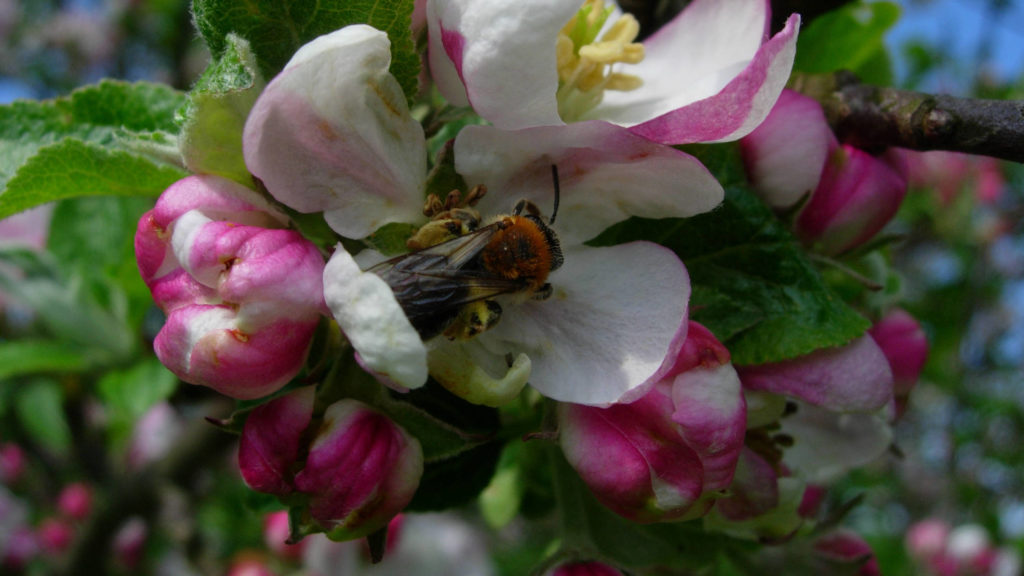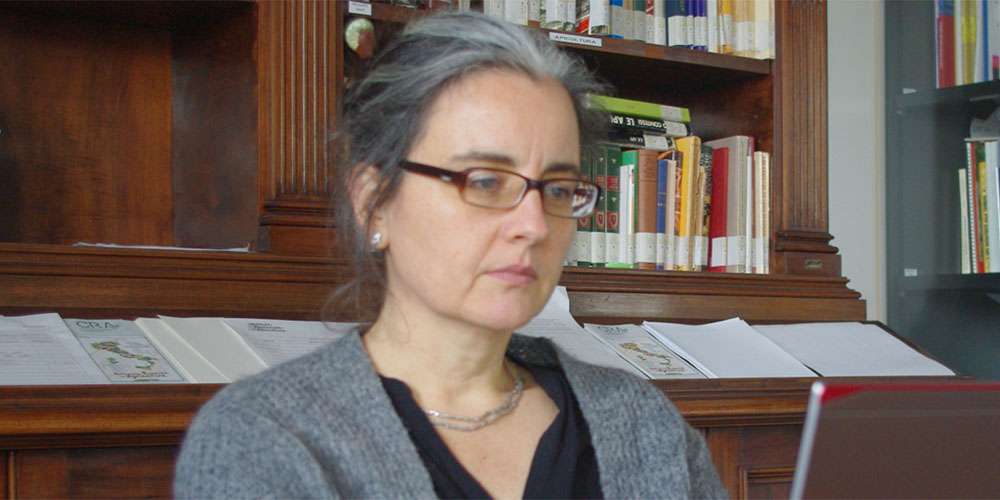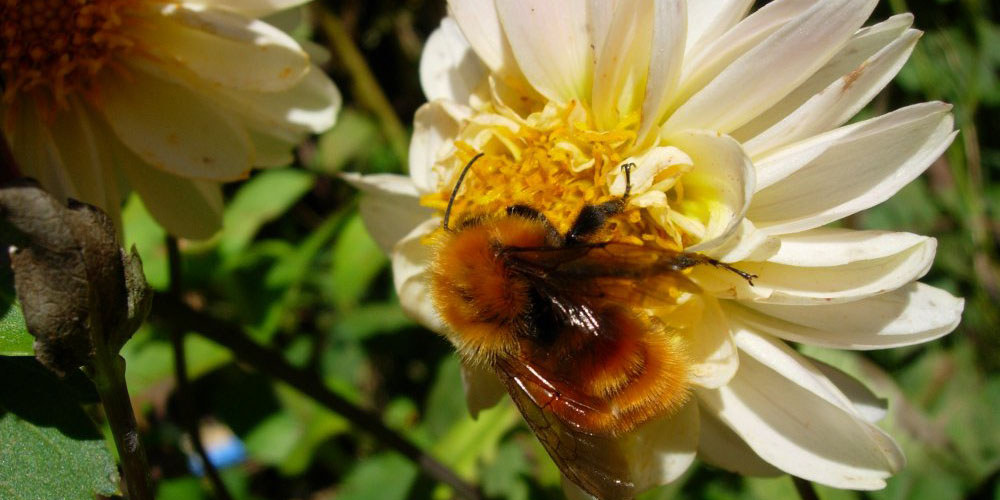FAO declared 2021 the International Year of Fruit and Vegetables. They want to attract attention to the importance of fruit and veggies for healthy nutrition. In the end, it’s also about ending poverty, as these food crops give farmers income and foster more diverse agriculture. Another objective is to reduce waste and losses in food systems – which is also connected to the prosperity and development goals. FAO published a very interesting background paper, discussing all the arguments on why fruit and vegetables are important.
However, I miss the contribution of pollinators in this background paper. Pollination is mentioned three times in total in over 80 pages. Once it relates to the threats insect losses present for pollinator-dependent crops, highlighting also how small-scale farms help to maintain biodiversity. The second time it relates to managed pollinators (“insect breeding for pollination”). Without going into detail in both cases. The third mention refers to cross-pollination between local and imported varieties – which reduces the genetic diversity of the crops. This is an issue I may discuss in the future – I’m planning a biodiversity series in May. Anyway, I know that pollination isn’t the only topic to discuss in food production. But I expected an international year of fruit and vegetables to be – at least partly – also a year of pollinators.
A missed opportunity?
Our world’s issues usually are very complex and not solved by single measures. FAO does great work in informing about this complexity and how things are connected. They care about pollinators and biodiversity and already published quite a bit of reports and materials about these topics. That’s why I think not connecting pollinators to the International Year of Fruit and Vegetables is a missed opportunity. I understand that the focus was on healthy nutrition, food waste and the livelihoods of farmers. But, all these points relate to pollinators and biodiversity. I even dare to say that sustainable agriculture in all its facets is impossible without pollinators and biodiversity in general. The latter at least is mentioned 20 times.
Pollination relates to all of the key points FAO wants to address this year. Not all fruits and vegetables depend on it to the same extent. Fruit does more than vegetables, and some may also self-pollinate. Pollinators, however, increase both the quantity and quality of the yield of those crops, which depend on them. Quality meaning, for instance, the symmetry of fruit. About a third of food waste happens during agricultural production. I don’t find it anymore, but I read that much of it due to not corresponding to the market norms of “perfect” fruit and veggies. Pollination could reduce this issue. It also increases the shelf-life of the products and even nutrient content. I will talk about this in a future post.
International Year of Fruit and Vegetables – the economic value of pollinators
The other reason why I was surprised not to find pollinators more often in the FAO background paper: The economic value of pollination. One of the aims of this International Year of Fruit and Vegetables is growing prosperity. I already talked about how pollinator limitation would affect crop production. Now a recent paper brought these considerations to another level. A group at the University of Hohenheim calculated the value of pollination assuming that all pollinators would disappear at once. They modelled the impact for a single year – in Germany and globally. The result: a whopping trillion USD globally and about 4.5 billion USD for small Germany alone.
These numbers are much higher than any calculation before. The authors describe the models they chose and why very well. I must admit that I didn’t understand all of it. However, they discussed the consequences beyond the value of the crop yield very clearly. The welfare consequences for the people – which is a key element of this fruit and veggie year. To put it in the words of one of the authors:
Farmers could compensate for lower yield by higher prices to a certain extent. Consumers, however, lose in any case. They have to pay higher prices and at the same time have less access to the products. The economic consequences are mainly on the shoulders of the consumer.
Prof. Christian Lippert, translated according the press release of the University of Hohenheim
One of the longer term effects they discuss: The revenue for farmers could only cover their costs. Which has further social consequences.
Economy, ecology, and One Health
There would be many more negative effects of complete pollinator loss like in this model. The ecological impact would be a disaster. However, I agree with the authors who say that policy makers often have to justify costly conservation measures that serve pollinators. Impressive numbers like in this paper increase awareness of how important pollinators are. For economy, ecology, and healthy nutrition. To end hunger and malnutrition. And, by this, pollinators play a crucial role in the One Health concept, which connects human, animal and environmental health. So, this International Year of Fruit and Vegetables is giving me the opportunity to stress this even more. And maybe, FAO will too during this year.
This post is part of my endeavour to end black and white thinking. I do this by explaining how much bees – or pollinators in general – and their health matter and how they fit in the “big picture”. If you want to learn more, you have three ways to do so:
- Subscribe to the “Bee Health Letters”, with monthly info on bee health and everything related to it. Scroll down on this page until you get to “Keep current with BeeSafe!”. Or send me a line with your questions.
- In the second half of 2021, I will start with some courses on bees and their health. You’ll get the news first if you’re subscribed to the Bee Health Letters!
- If you have specific questions about pollinators contact me for a free 20-minute Zoom call and we’ll see how I can help you. Without any commitment. I’d be happy to be your “bee health coach”, but if it doesn’t fit, that’s ok.



